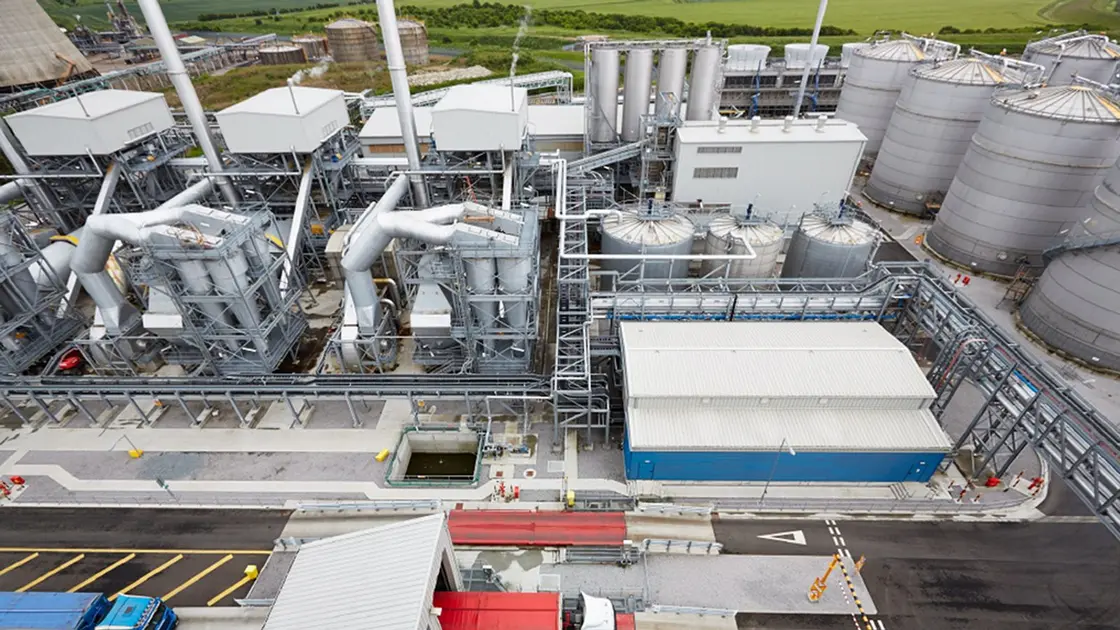T4K3.news
No rescue for Vivergo Fuels
The government will not fund UK bioethanol firms, including Vivergo Fuels, citing value for taxpayers and long-term industry challenges.
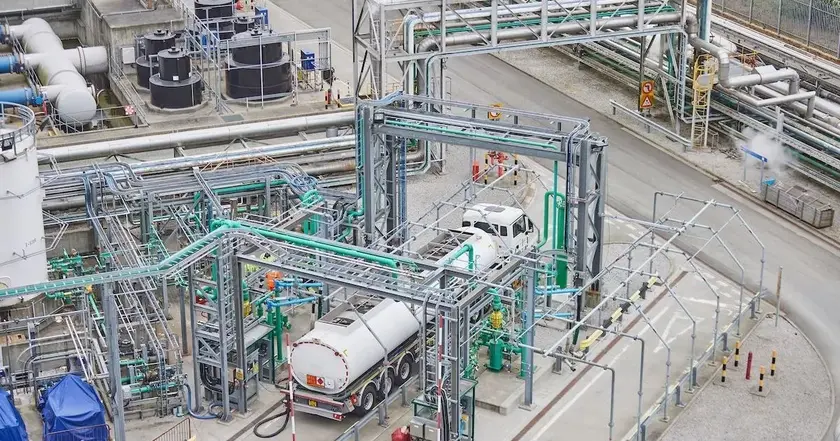
The government declines direct funding for Vivergo Fuels, saying taxpayers would not get value and the long-term challenges for the sector remain unresolved.
No rescue for Vivergo Fuels as Government decides against support
The Department for Business and Trade has confirmed it will not intervene with a rescue package for UK bioethanol firms, including Vivergo Fuels at Saltend near Hull. Officials say a direct subsidy would not provide value for the taxpayer and that the government must balance short-term aid against longer-term industrial strategy. The decision comes after the UK-US trade deal removed a 19 percent tariff on ethanol imports, which domestic producers warned would leave them vulnerable to cheaper foreign competition. Vivergo, the UK’s largest bioethanol producer, has campaigned for months for support, warning that its closure would affect the wider Saltend Chemicals Park and the regional supply chain.
Associated British Foods, owner of Vivergo, called the move deeply regrettable and said a clear plan existed to return the plant to profitability within two years under a regulatory framework aligned with the government’s green industrial strategy. The government argued that while it understands the impact on workers and families, the decision prioritises national interests and future resilience of CO2 supply while continuing to explore non-funding solutions. Local politicians across parties had backed intervention, underscoring the campaign’s broad regional support. The government signaled ongoing dialogue with unions and partners as workers face uncertainty.
Key Takeaways
"This plant should always have been profitable under the right regulatory environment"
ABF arguing profitability could have been reached with proper rules
"Jobs in clean energy will now move overseas"
ABF warning about regional job impact
"Hugely significant investment was lined up to go into the area"
ABF on expected regional economic activity
"We presented a clear plan to restore Vivergo to profitability"
ABF statement on negotiations
The ruling reflects a broader tension in postpandemic policy: how far a government should shield a declining but strategically located industry from market-shaped shocks. By tying the decision to taxpayer value, officials frame it as fiscally prudent rather than ideologically opposed to green industry, but the move risks eroding trust in regional growth plans tied to the Humber’s energy transition. The Saltend cluster thrives on synergies among tenants; removing Vivergo could weaken the whole cluster and spur investment elsewhere, including overseas. Yet the government’s stance also highlights a shift toward resilience and diversification rather than propping up individual plants. The question now is whether non-funding measures—CO2 supply planning, workforce retraining, and local incentive packages—will be enough to cushion the regional blow.
Highlights
- This plant should always have been profitable under the right regulatory environment
- Jobs in clean energy will now move overseas
- Hugely significant investment was lined up to go into the area
- We presented a clear plan to restore Vivergo to profitability
Budgetary and political risk from the decision
The rejection of a rescue could trigger political backlash, affect investor confidence in UK energy policy, and hit regional jobs and the supply chain. The Humber area faces economic stress if industrial activity declines, and future interventions may be scrutinised as either necessary resilience measures or missed strategic opportunities.
The outcome leaves a region weighing energy ambitions against budget constraints.
Enjoyed this? Let your friends know!
Related News
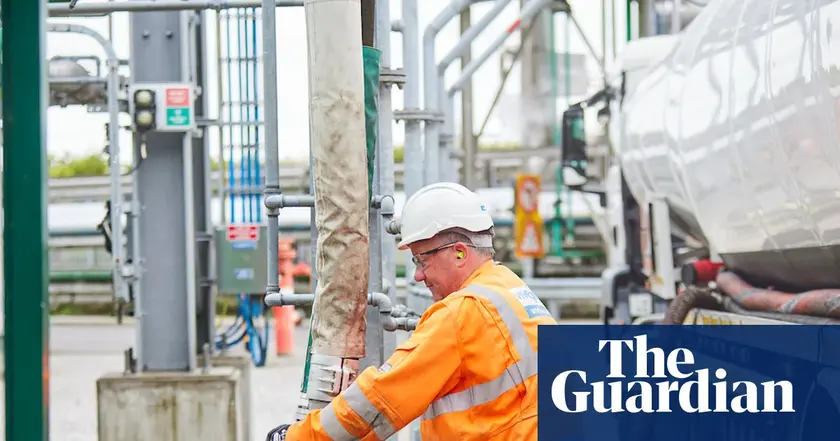
Vivergo closure signals shift in UK clean fuel policy
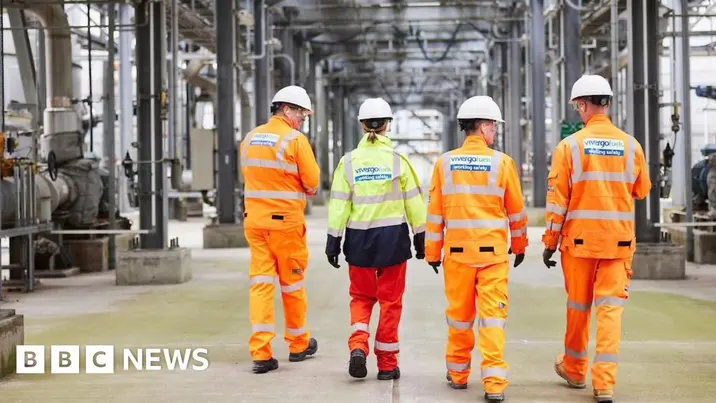
Bioethanol plants face closure
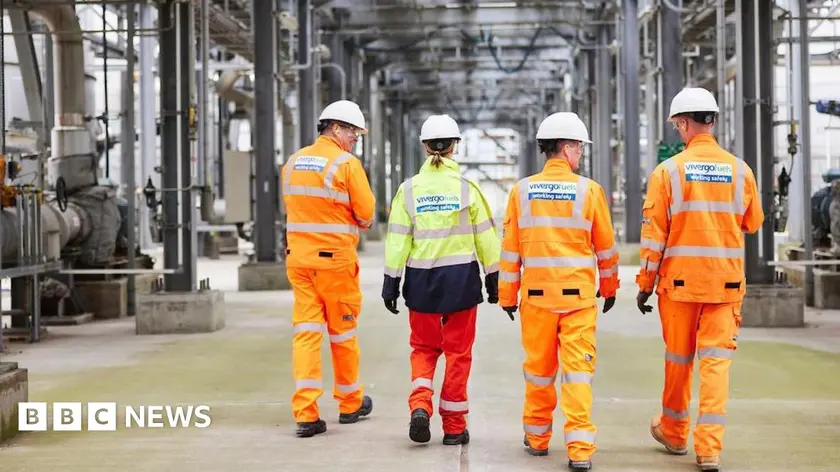
UK bioethanol plants face collapse

Bioethanol plant closure in Hull
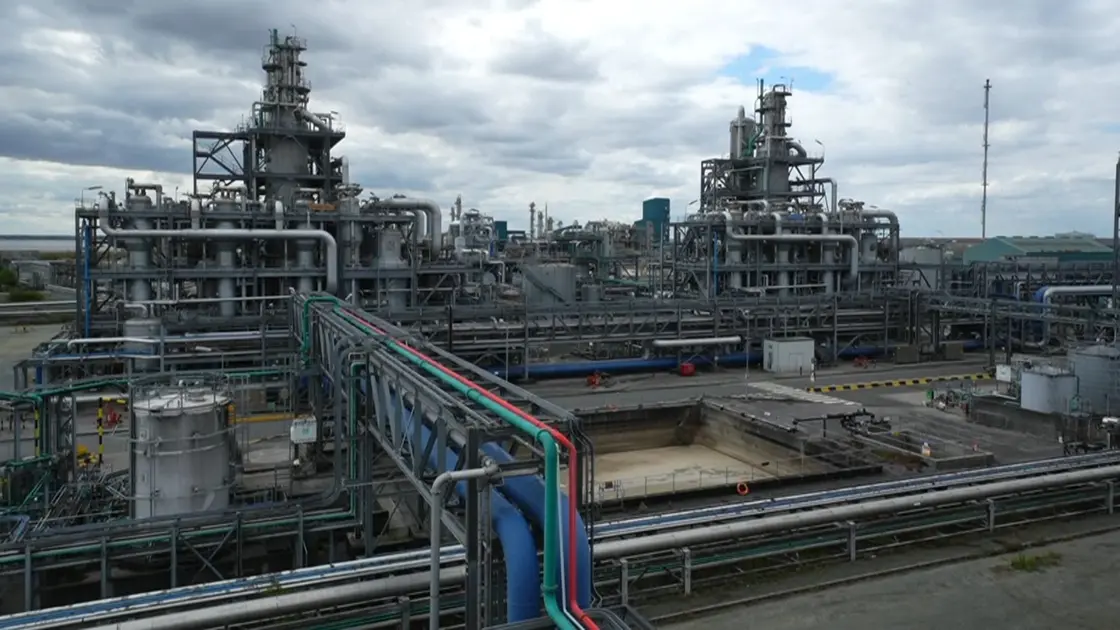
Hull bioethanol plant at risk
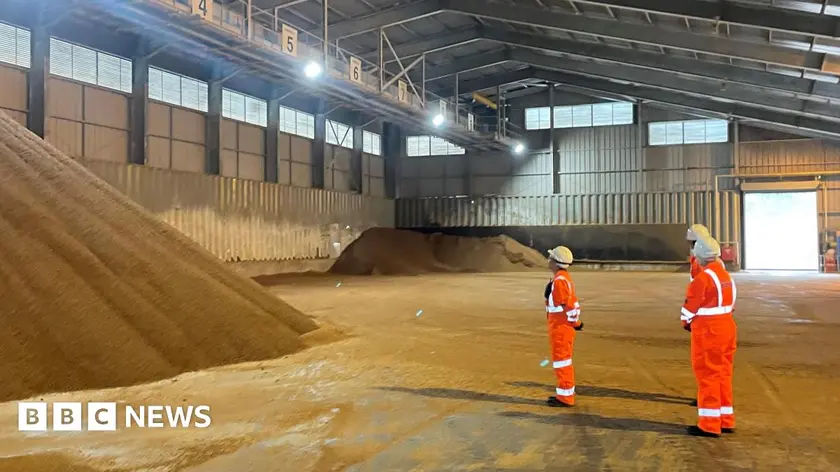
UK bioethanol plants shut down
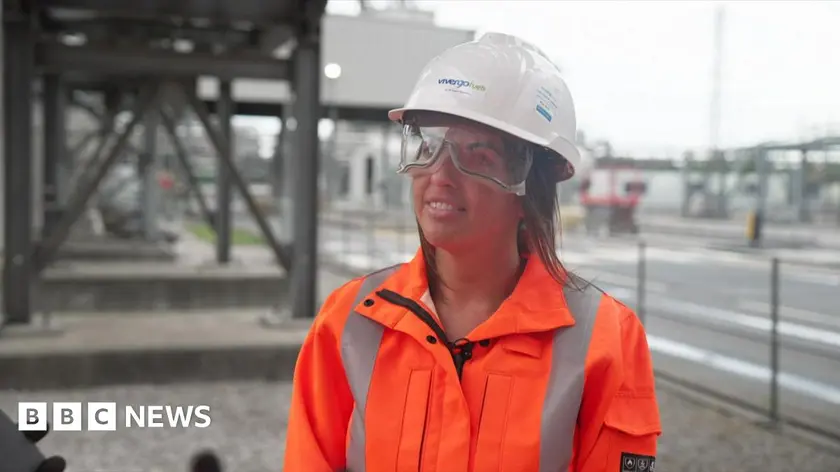
Vivergo Fuels plant goes into crisis mode after final wheat delivery

Vivergo Fuels at risk of closure due to trade deal
